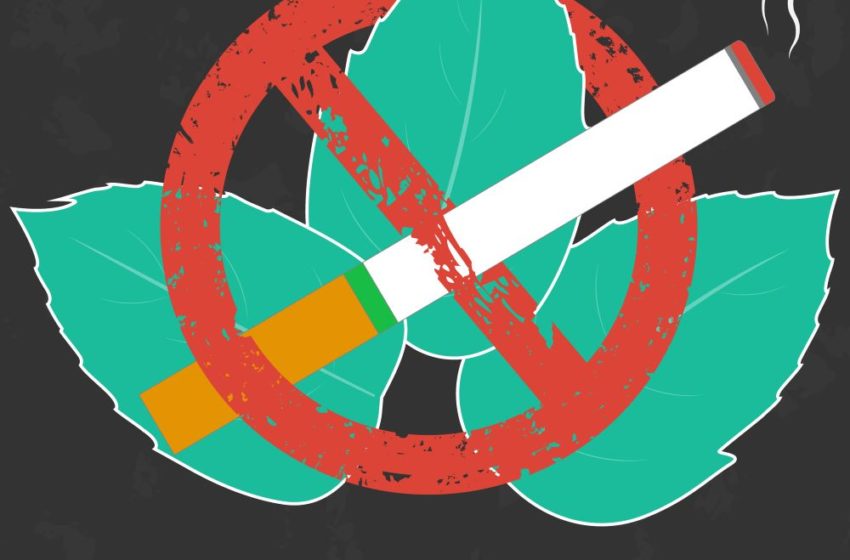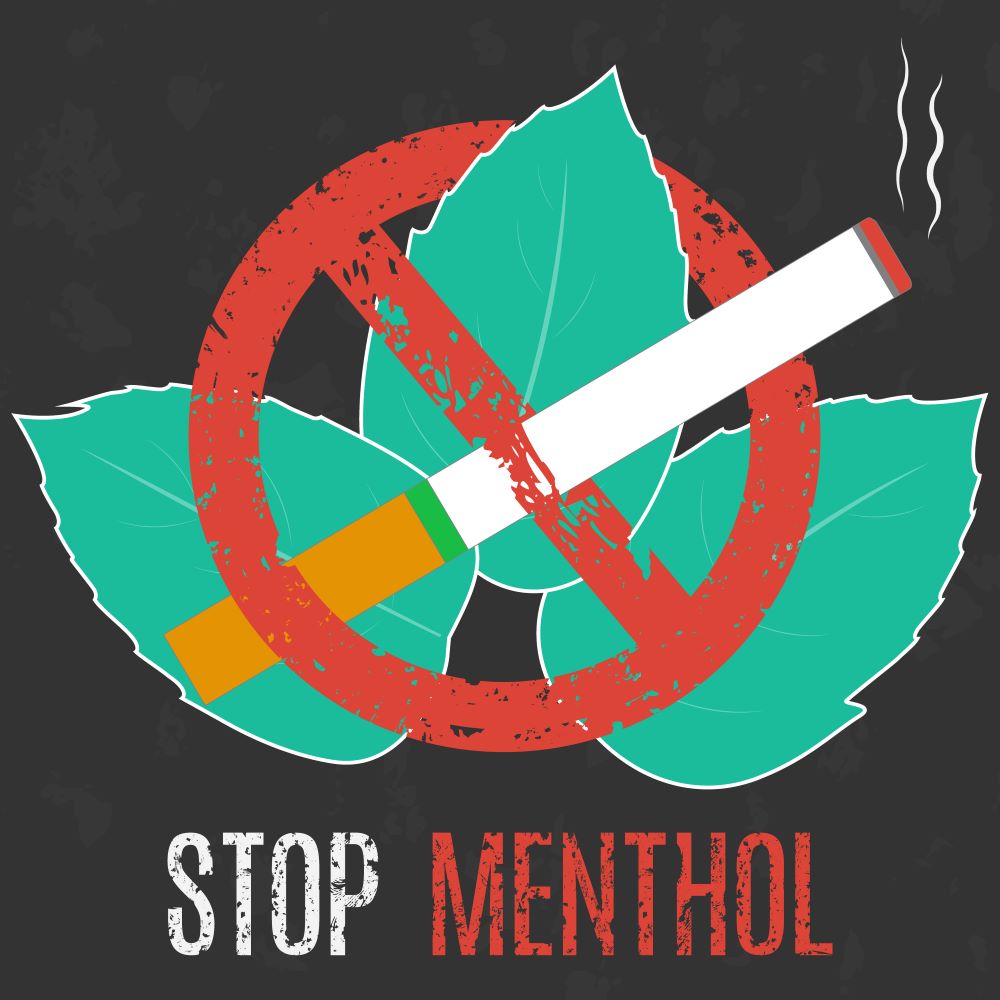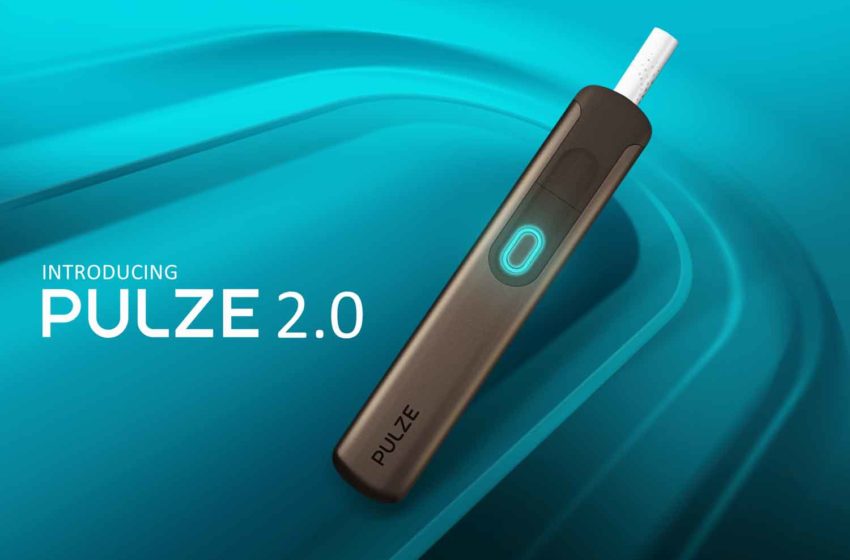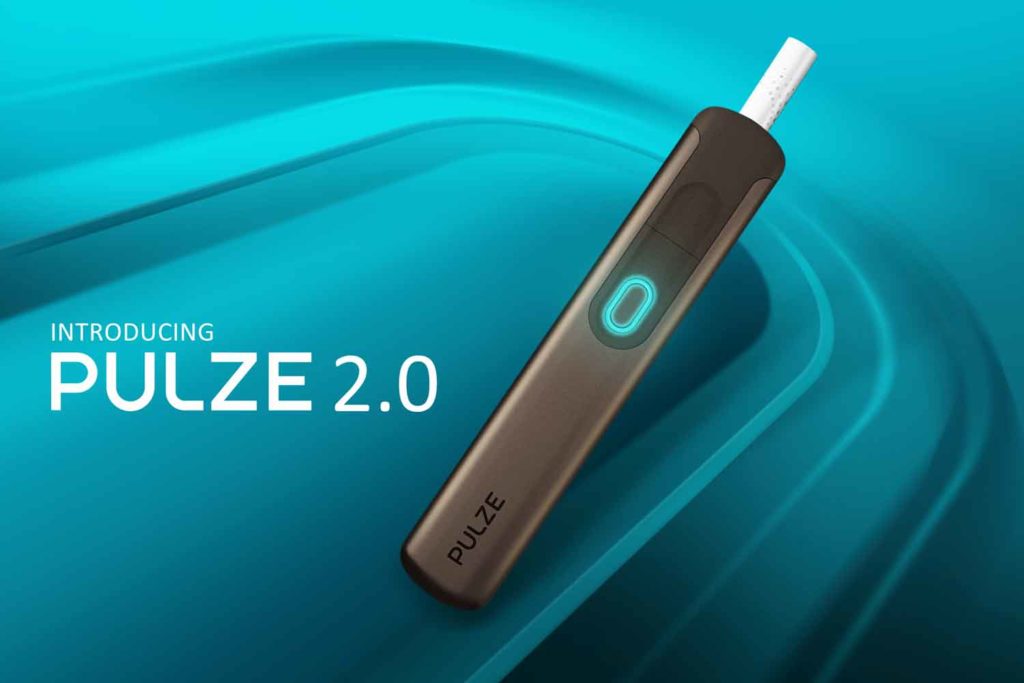
Activists are confident that Thailand will legalize vaping after the likely general elections in May. Vaping is currently prohibited in the kingdom, but discussions are ongoing to end the ban, according to ENDS Cigarette Smoke Thailand (ECST).
“This work has been several years in the making. It hasn’t stopped. In fact, draft vaping legislation awaits Thailand’s parliament to debate and ratify,” said ECST Director Asa Saligupta.
Saligupta notes that while anti-vaping campaigners appear to have the ear of the public health minister, most politicians and the public remain supportive of lifting the country’s vaping ban.
“I remain fully confident that safer nicotine products will be regulated in Thailand. Regulation will give consumers better protection, encourage more smokers to quit deadly cigarettes, and ensure we have much better control over youth vaping with a strict purchase age,” he said.
ECST says smoking kills about 50,000 Thai people every year.
“If we want to substantially reduce smoking-related illnesses and premature deaths, we must lift Thailand’s harsh ban and penalties on vape products,” said Saligupta.
According to ECST, nearly 70 countries have adopted regulatory frameworks on safer nicotine products, leading to dramatic declines in their overall smoking rates.



















